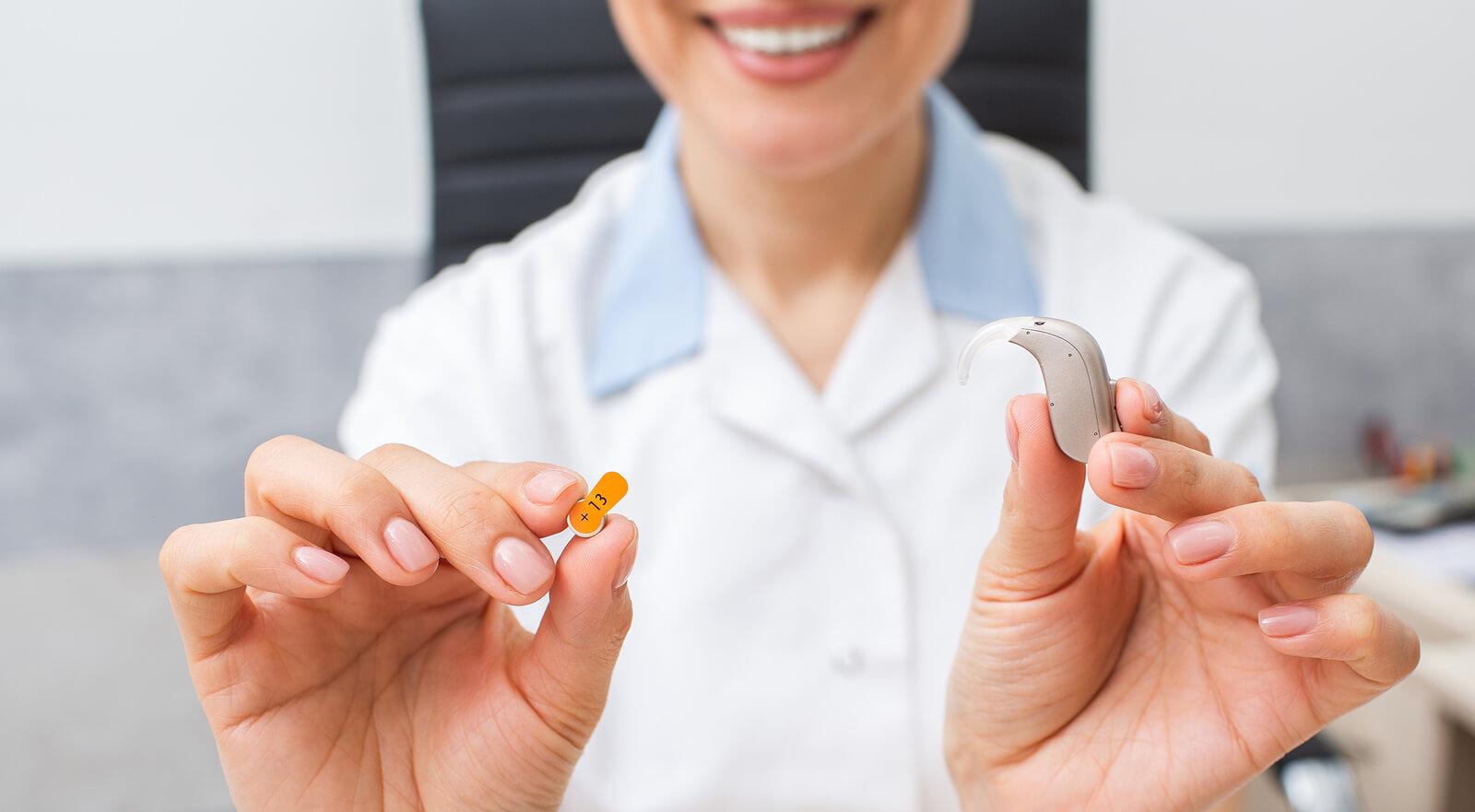
- Better Hearing Starts with One Test - June 6, 2025
- Common Fears About Hearing Tests - May 28, 2025
- Best Hearing Aids for Active Lifestyles - May 16, 2025
Hearing aids are invaluable devices that enhance the quality of life for millions of individuals with hearing impairments. However, to keep them running at their best, you need to pay close attention to one crucial component – the batteries. Hearing aid batteries are the lifeblood of these devices, and knowing how to extend their lifespan and get the most out of them is essential. In this guide, we’ll share valuable tips on maximizing the lifespan of your hearing aid batteries.
Choose the Right Battery Type
Selecting the appropriate battery type for your hearing aid is the first step to ensure longevity. There are four common types of hearing aid batteries: zinc-air, silver-zinc, rechargeable, and disposable.
- Zinc-air batteries are the most common and cost-effective option. They are available in different sizes and are known for their long-lasting power.
- Silver-zinc batteries provide high energy density but can be more expensive.
- Rechargeable batteries are eco-friendly and cost-effective in the long run but may require regular charging.
- Disposable batteries are convenient and readily available, but they may not last as long as other options.
Consult your audiologist to determine which battery type is best suited for your specific hearing aid model and lifestyle.
Store Batteries Properly
Proper storage is essential to extend the shelf life of your hearing aid batteries. Follow these guidelines:
- Keep batteries in their original packaging until you’re ready to use them.
- Store them in a cool, dry place at room temperature, avoiding extreme heat or cold.
- Avoid keeping batteries in the refrigerator, as condensation can harm them.
- Store batteries away from metal objects or coins to prevent short-circuiting.
Rotate Your Batteries
To ensure that your hearing aid batteries are always fresh and ready to use, practice rotation. Use the oldest batteries first and replace them with new ones. This prevents older batteries from corroding inside your hearing aid, which can damage the device and shorten battery life.
Remove Batteries When Not in Use
If you’re not using your hearing aid for an extended period, such as overnight or when swimming, it’s best to remove the batteries. This prevents any residual power drain and the risk of corrosion inside the hearing aid.
Clean Your Hearing Aid Regularly
Proper maintenance of your hearing aid can contribute to battery longevity. Clean your device regularly, removing any debris or earwax that may accumulate on the battery contacts. This ensures a good electrical connection, reducing the strain on the batteries.
Keep Your Hearing Aid Dry
Exposure to moisture can damage both your hearing aid and its batteries. Invest in a hearing aid dehumidifier or use a moisture-proof container to protect your device when not in use. Additionally, consider using a hearing aid with an IP rating that offers protection against moisture and dust.
Optimize Hearing Aid Settings
Adjusting the settings on your hearing aid can significantly impact battery life. Lowering the volume, reducing background noise, and optimizing settings for different environments can extend the time between battery replacements. Consult your audiologist for guidance on fine-tuning your hearing aid for maximum efficiency.
Use the Right Tools
When handling your hearing aid batteries, use non-metallic tools like plastic tweezers. Metal tweezers can cause short-circuits or damage the batteries, reducing their lifespan.
Invest in a Battery Tester
A battery tester is a handy tool that allows you to check the voltage of your hearing aid batteries. Regularly testing your batteries can help you identify when they need to be replaced, preventing unexpected power loss.
Consider Rechargeable Options
If you frequently go through disposable batteries, consider switching to rechargeable hearing aids. Rechargeable models can save you money in the long run and reduce battery waste. Many rechargeable hearing aids offer all-day power and can be charged overnight.
Wrap Up
Your hearing aid batteries are a critical component of your hearing experience. By following these tips and best practices, you can maximize the lifespan of your batteries, reduce the frequency of replacements, and enjoy uninterrupted hearing support. Remember to consult with your audiologist for personalized guidance on battery selection and hearing aid maintenance to ensure the best results. Taking good care of your hearing aid batteries will ultimately improve your overall quality of life and keep you connected to the sounds of the world around you.
If you have any questions or would like to schedule your next hearing health checkup, please contact us.
